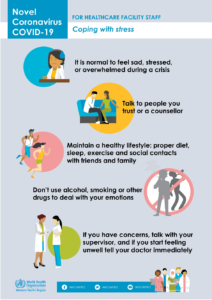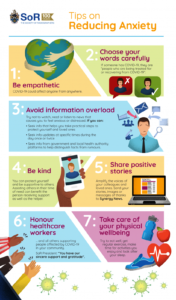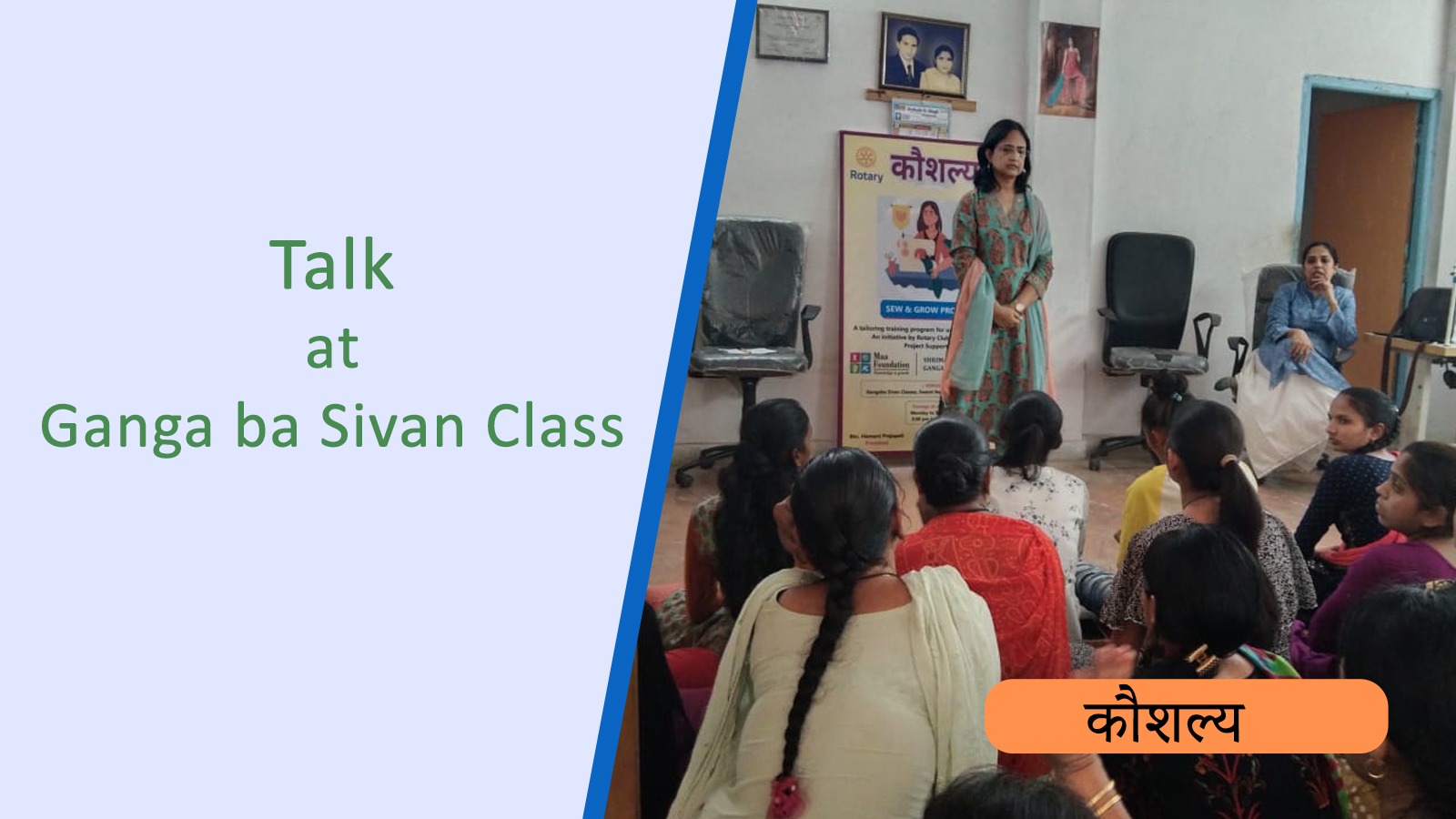Young adults, children, and elderly, all have experienced a number of pandemic-related consequences, such as closures of universities and loss of income, that may contribute to poor mental health. During the pandemic, a larger than average share of young adults (ages 18-24) report symptoms of anxiety and/or depressive disorder (56%). Compared to all adults, young adults are more likely to report substance use (25% vs. 13%) and suicidal thoughts (26% vs. 11%).
Prior to the pandemic, young adults were already at high risk of poor mental health and substance use disorder, though many did not receive treatment. Research during the pandemic points to concerns around poor mental health and well-being for children and their parents, particularly mothers, as many are experiencing challenges with school closures and lack of childcare. Women with children are more likely to report symptoms of anxiety and/or depressive disorder than men with children (49% vs. 40%). In general, both prior to, and during, the pandemic, women have reported higher rates of anxiety and depression compared to men. Fear about potential exposure to infection, loss of employment, and financial strain are also likely to increase psychological distress in the broader population

Stress can cause the following:
- Feelings of fear, anger, sadness, worry, numbness, or frustration
- Changes in appetite, energy, desires, and interests
- Difficulty concentrating and making decisions
- Difficulty sleeping or nightmares
- Physical reactions, such as headaches, body pains, stomach problems, and skin rashes
- Worsening of chronic health problems
- Worsening of mental health conditions
- Increased use of tobacco, alcohol, and other substances

In March 2020, schools across India were shut down to curb the transmission of COVID-19. Children have been at home for longer periods of time than ever before in recent memory.
Closure of schools, lack of extracurricular and outdoor activities, altered eating and sleeping habits, lack of peer time have fostered monotony, anguish, irritation, and diverse neuro-psychiatric symptoms. Although home should be the safest place for a child, sexual, psychological, and physical abuse have shown a significant rise.
It has been reported that the most common psychosocial and behavioural problems among children and adolescents in the pandemic were inattention, clinginess, distraction and fear of asking questions about the pandemic. This risk is greatly increased in those with pre-existing mental health conditions.
In the midst of the COVID-19 pandemic, helpline numbers for mental health counselling are seeing a huge surge in calls, with anxiety and adjustment issues topping the list. In addition, domestic violence incidence in India is at a 10-year high during the COVID-19 lockdown.
Thus, the COVID-19 disease itself, and its ripple effects of quarantine and nationwide lockdowns have and will induce acute panic, anxiety, obsessive behaviors, paranoia, and depression, and may also lead to post-traumatic stress disorder (PTSD) in the long run.
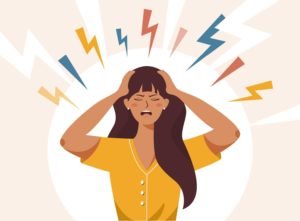
During this time of change, it’s natural for our minds to think of all the usual activities we may not be able to do at the moment.
Make a conscious shift to focus on the activities we are still able to do, or those that we may have more opportunity to do if we’re at home more often.
Some ideas could be to:
- Keep learning and maintaining your study
- Read a book
- Listen to a podcast
- Try out a new hobby or skill (e.g., cook a new recipe, play an instrument, learn a language, learn how to sew, gardening)
- Stay connected.
- Receiving support and care from others has a powerful effect on helping us cope with challenges.
- Spending time with supportive family and friends can bring a sense of comfort and stability.
- Talking through our concerns, thoughts, and feelings with others can also help us find helpful ways of thinking about or dealing with a stressful situation.
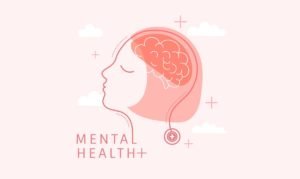
Remember that physical distancing does not need to mean social disconnection. There are many ways we can use technology to stay connected, and both give and receive support (remotely). You could:
- Call, text, or video-chat with friends and family
- Share quick and easy recipes
- Start a virtual book or movie club
- Schedule a workout together over video chat
- Join an online group or peer forum.
Contribute. Showing care towards friends, family, or vulnerable people in our community can be all the more important during times like this. It can foster a sense of hope, purpose, and meaning. Some ideas can be to:
- Send someone you care about a message of encouragement or affirmation
- Cook, pack, and deliver a meal to someone in your neighborhood
- Donate to a cause.
Keep things in perspective. In a situation that’s uncertain, it’s natural to have many ‘what if?’ questions in our minds. In the absence of information, our anxious mind will often fill in the blanks with worst-case scenarios, which can leave us feeling overwhelmed, helpless, or vulnerable.
